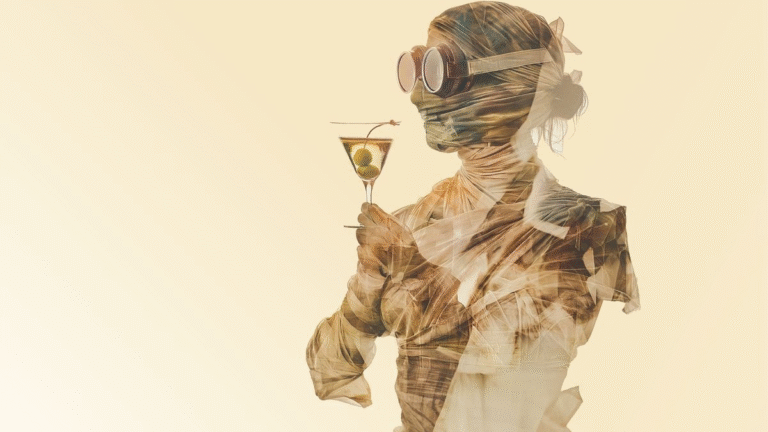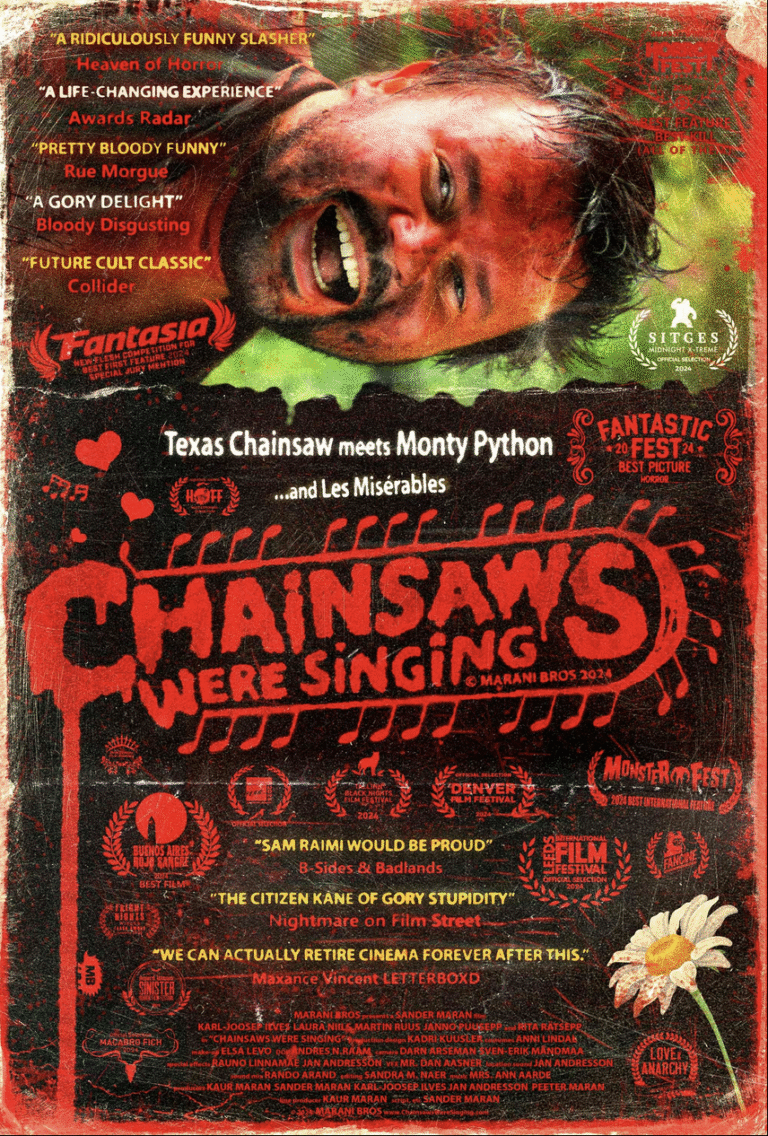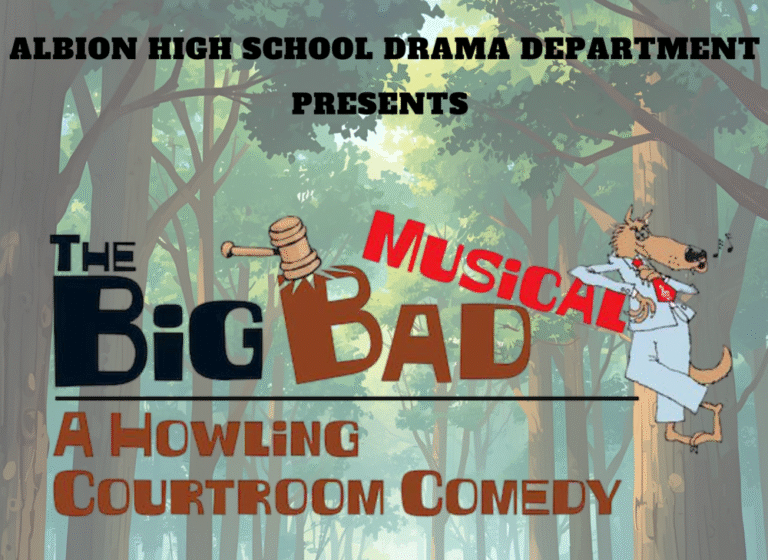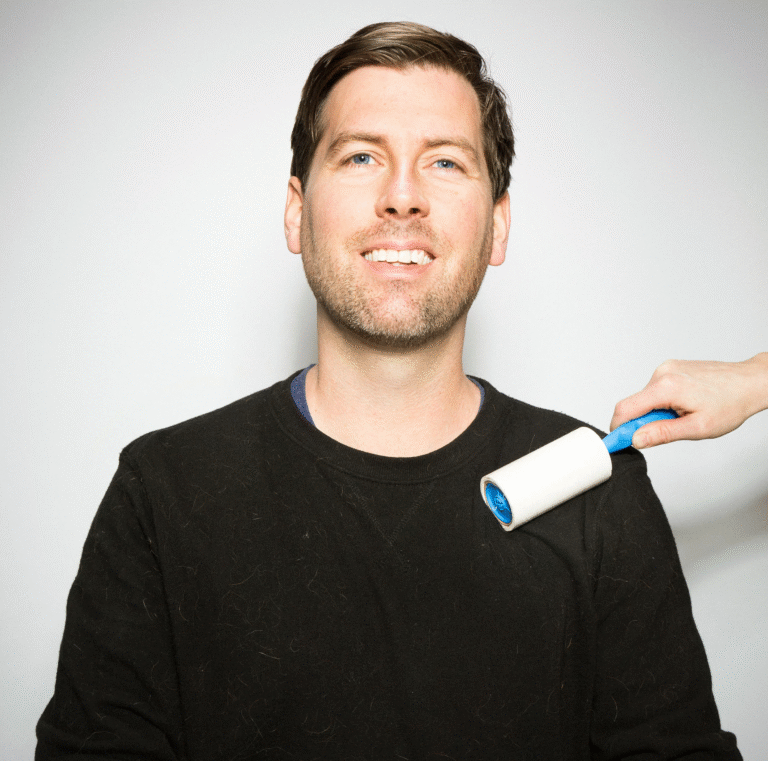Trump’s War on Comedy Sparks Fear and Free Speech Concerns Among Comedians
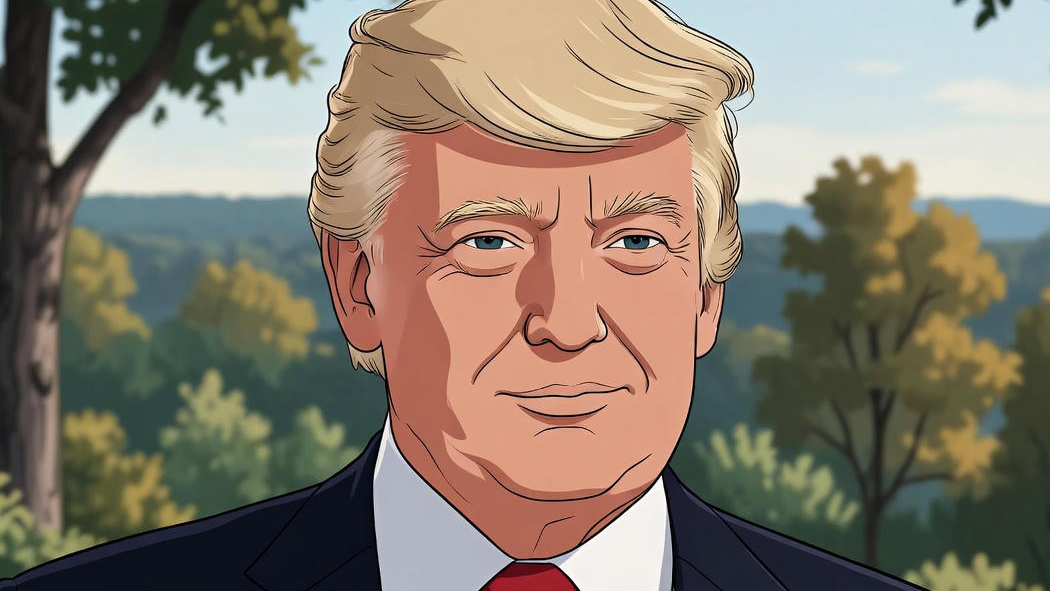
For more than 20 years, the New York Arab American Comedy Festival has been a stage where comedians freely poked fun at presidents from George W. Bush to Barack Obama. But this year, things are different. According to festival co-producer Dean Obeidallah, some performers are afraid to joke about President Donald Trump, fearing that doing so might cost them jobs—or even threaten their immigration status.
Obeidallah wrote in Salon that, for the first time in the festival’s 22-year history, comedians have voiced concerns about mocking the president. Some say their agents warned them it’s “too much of a risk in the current climate.” Others, especially immigrant performers with green cards, worry that Trump’s administration could retaliate against them. Obeidallah pointed to the case of Mahmoud Khalil, a green card holder whom the government has sought to deport over his advocacy for Palestinian rights, as a chilling example of what could happen when political expression collides with federal power.
The concern extends beyond the comedy scene. In October, more than 550 artists and entertainers, led by actress Jane Fonda, revived the Committee for the First Amendment—a group originally formed during the McCarthy era to fight political blacklists. Their message was blunt: the federal government appears to be mounting a coordinated campaign to silence dissent in the arts, academia, and media.
Obeidallah draws a line between Trump’s recent actions and those of historical autocrats, noting that “every autocrat begins by silencing their country’s artists.” He argues that laughter is the enemy of fear—and that when comedians are targeted, it’s a warning sign for democracy.
The tension hit mainstream America on September 17, 2025, when Federal Communications Commission (FCC) Chair Brendan Carr publicly demanded that ABC punish late-night host Jimmy Kimmel for making a joke critical of Trump. Carr allegedly told the network, “We can do this the easy way or the hard way.” ABC responded by suspending Kimmel, a move Trump celebrated on Truth Social, writing, “Great News for America: The ratings challenged Jimmy Kimmel Show is CANCELLED.”
According to AP News and Politico, the suspension lasted six days before the show was reinstated following public backlash and boycotts of Disney, ABC’s parent company. But the damage was done—the incident sent a chilling message across the comedy industry.
Trump’s social media posts also targeted other hosts, including Jimmy Fallon, Seth Meyers, and Stephen Colbert, celebrating Colbert’s removal from CBS earlier in the year. “I absolutely love that Colbert got fired,” Trump wrote, calling him untalented and overrated.
Obeidallah says this climate has caused widespread self-censorship, citing findings from PEN America, which reports a growing reluctance among artists to tackle political subjects. For lesser-known comedians, especially performers of color, the risks are even higher—they lack the fame, wealth, and platform to defend themselves if targeted.
The Arab American Comedy Festival, which once navigated concerns about Middle East conflicts and security, now faces something new: fear of joking about the U.S. president. Obeidallah calls comedy “the canary in the coal mine for free speech.”
He ends on a defiant note—saying those with the privilege to speak freely will continue to use humor as truth-telling. Because as long as there are comedians with microphones and audiences willing to laugh, “Trump will never win his war on comedy—or on free speech itself.”

